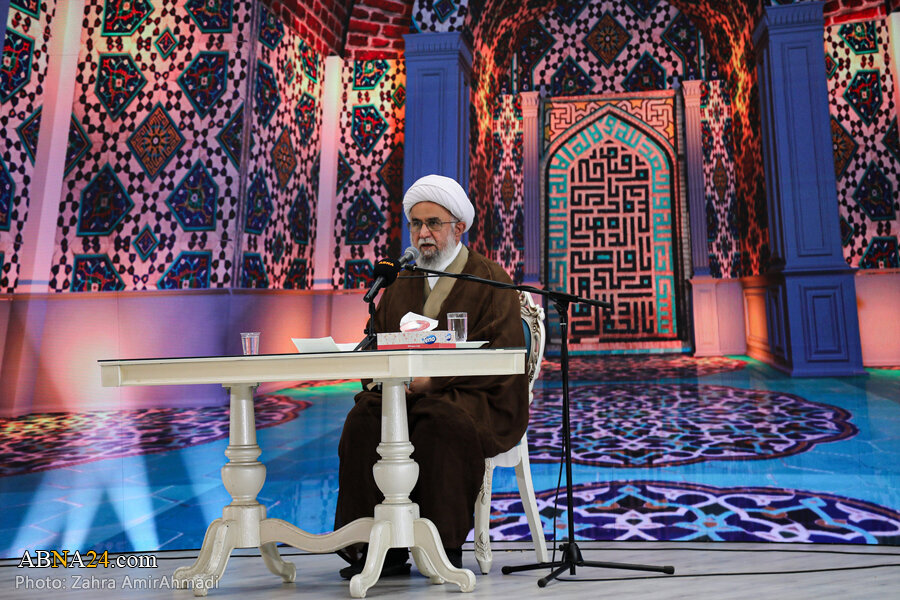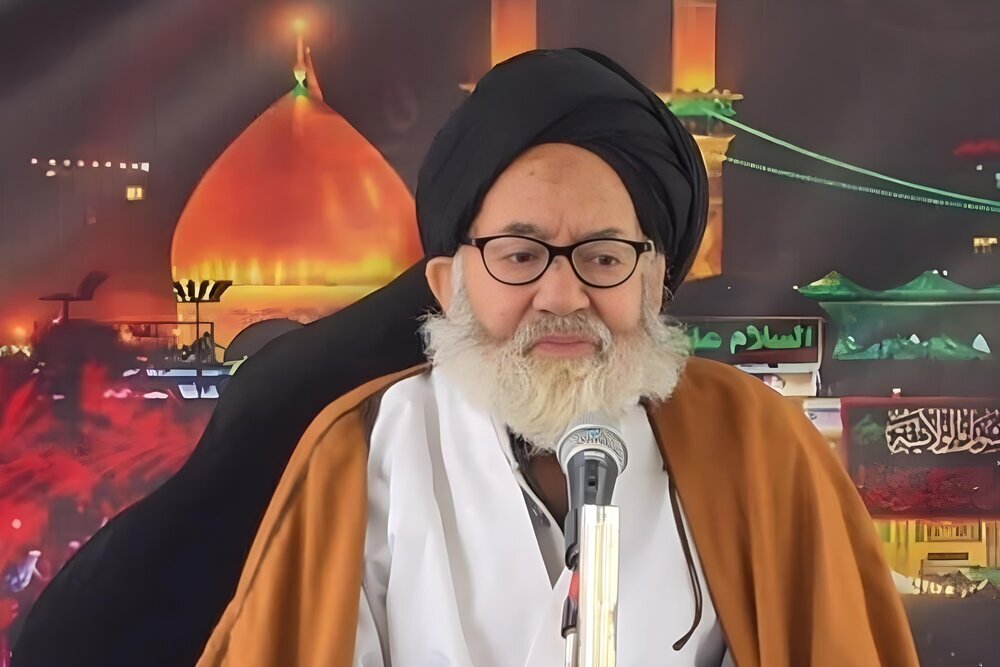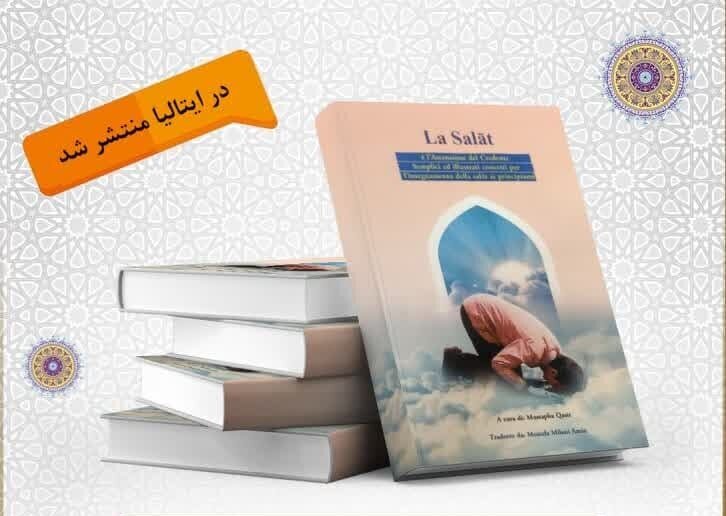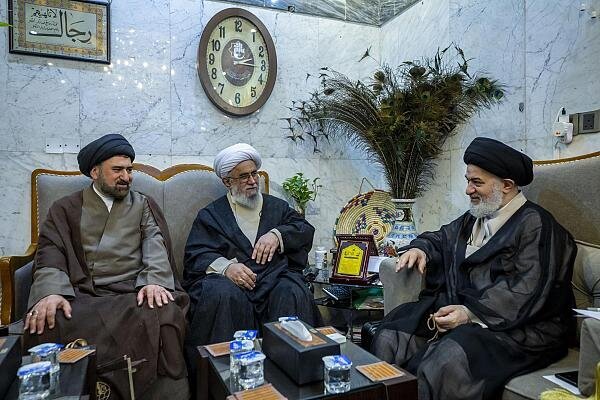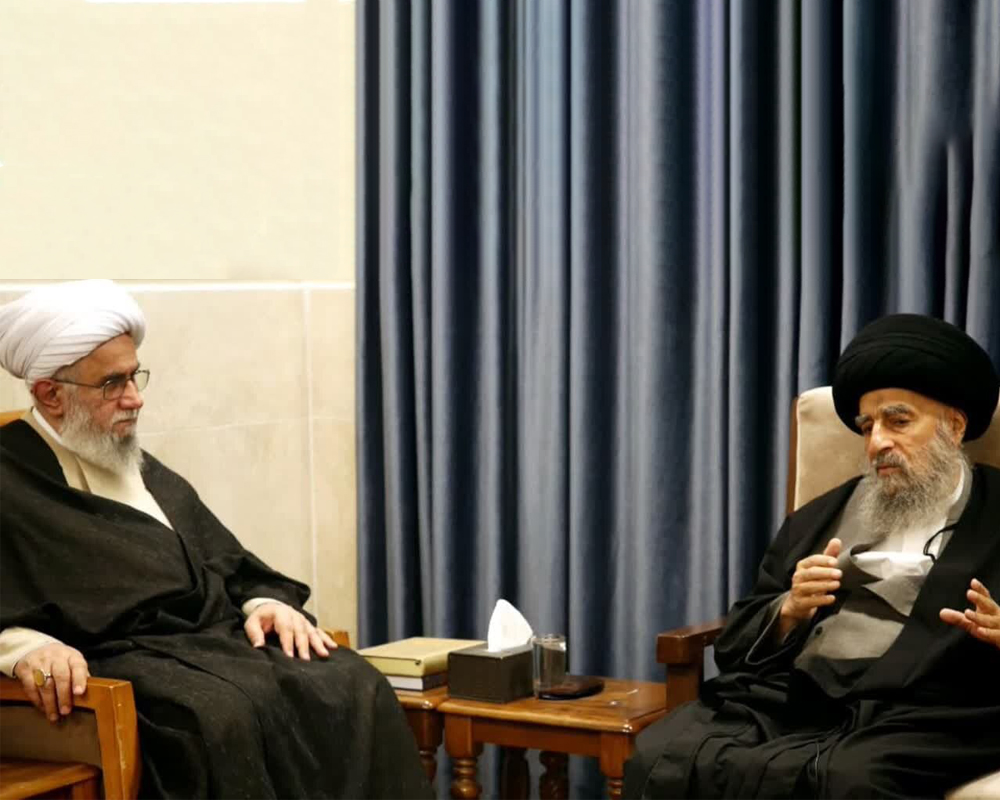Assembly News
-
Quran and AhlulBayt (a.s.) Must Be the Foundation of Islamic Media and Lifestyle: Ayatollah Ramazani
Ayatollah Reza Ramezani emphasized the Quran’s role in shaping rational, spiritual, and ethical lives during a ceremony honoring Ramadan program creators. Highlighting the global potential of al-Thaqalayn TV and ABNA, he urged the media to center on the Quran and AhlulBayt (a.s.) to guide today’s world toward moral and intellectual awakening.
-
ABWA Offers Condolences on the Passing of a Kashmiri Scholar
In a message, the AhlulBayt (a.s.) World Assembly expressed its condolences on the demise of Hojat al-Islam Sayed Mohammad Baqir Mousavi, one of the scholars of Kashmir, India.
-
Book "Salah: ascension of the believer" published in Italian
The book “Salah (Prayer): The Ascension of the Believer” has been translated into Italian and published in Italy thanks to the efforts made by the Ahl-ul-Bayt (AS) World Assembly.
-
Custodian of Hazrat Abbas Shrine stresses promoting AhlulBayt teachings
The custodian of the holy shrine of Hazrat Abbas (AS) in Karbala, Iraq, stressed the importance of promoting the words and teachings of Ahl-ul-Bayt (AS).
-
Unity Among AhlulBayt (a.s.) Followers, Historical, Religious Necessity: Ayatollah Modarresi
Grand Ayatollah Sayed Mohammad-Taqi Modarresi, in a meeting with the Secretary-General of the AhlulBayt (a.s.) World Assembly emphasized that unity among the followers of the AhlulBayt (a.s.) and their collective stance in the face of shared challenges and major crises is a historical and religious necessity that must always be upheld.
-
ABWA Denounces Bloody Suppression of Quds Day Demonstrations in Nigeria
The AhlulBayt (a.s.) World Assembly denounced the violent crackdown on Quds Day demonstrations in Nigeria and the killing of innocent people. The Assembly called upon all religious scholars, intellectuals, and Islamic and humanitarian organizations to take necessary legal measures to protect the lives of Muslims in Nigeria.
“Zekra” software
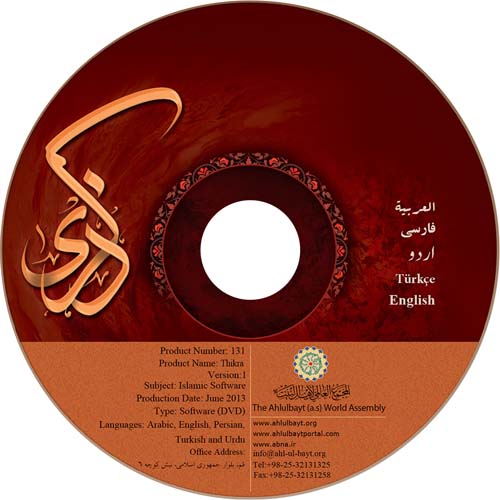
“Zikra” software has been prepared by the AhlulBayt (a.s.) World Assembly and includes books, articles and questions and answers about the Holy Quran, Nahj al-Balaghah and Sahifa al-Sajadiyya. The software is available in five languages: Arabic, English, Persian, Turkish and Urdu.






